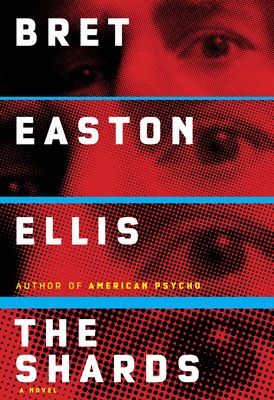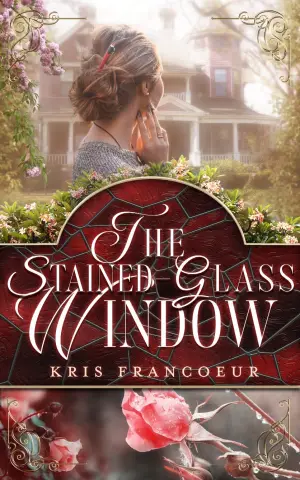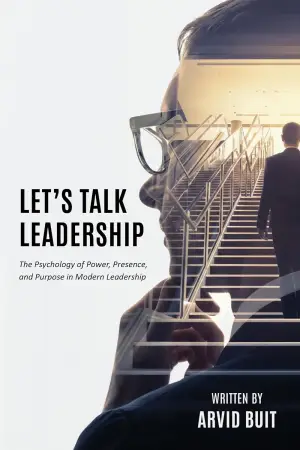Review of The Shards by Bret Easton Ellis: A Disappointment Dressed as Transgression
There’s an undeniable allure to Bret Easton Ellis’s name, isn’t there? Known for his provocative take on modern life and his keen insights into the human condition, I felt a genuine thrill when opening The Shards, hoping to encounter the sharp, cutting commentary that characterizes Ellis’s best work. Yet, what I found instead was a sprawling, self-indulgent narrative that left me feeling more frustrated than fascinated.
At its core, The Shards revolves around the ennui of privileged suburban teens navigating friendship, obsession, and a sinister undercurrent of violence. Our protagonist, Bret, is the quintessential Ellis character—a mix of existential dread and hollow bravado, often lost in tiresome cycles of self-reflection and navel-gazing. The book’s first hundred pages piqued my curiosity with a tantalizing hint of what was to come. However, as the narrative unfolded, I found myself grappling with unending dialogues that felt repetitive and banal, devoid of the sharp wit and incisiveness I expected from Ellis.
The pacing of the novel is another significant drawback; at nearly 700 pages, it often feels bloated with unnecessary details. The characters flounder in a sea of privilege and superficiality—rich kids draped in designer labels, engaged in a power struggle that fizzles into mundanity. It’s as if Ellis, in his bid to illustrate the vacuousness of this world, has let his narrative become just as empty. For every moment of suspense, there seemed to be pages of aimless observation about what clothes are worn or what streets are driven, drowning any meaningful exploration of the darker instincts and complexities that could have illuminated the narrative.
Ellis attempts a true crime angle, weaving in a thread of real danger lurking beneath the surface. Yet, rather than crafting a nuanced exploration of evil, this element fizzles into a half-hearted commentary on the darker side of human nature, overshadowed by Bret’s incessant self-centeredness and superficiality. It’s hard to connect with a protagonist who is more concerned with dissecting his ‘freak’ of a classmate rather than grappling with the chilling realities of the world around them.
While Bret’s internal monologues and interactions do have their hypnotic moments, particularly early on, they soon descend into predictability. The dialogues between Bret and his friends often repeat cyclical arguments that feel contrived and bland, reducing rich themes of competition, alienation, and desire to mere caricatures.
Ellis’s writing style, while flashy, comes across at times as desperate, almost trying too hard to shock. Themes of misogyny drip through the prose, leaving a bitter aftertaste as I grappled with the portrayal of women—reducing them to objects of desire or mere plot devices, devoid of depth or complexity. It’s impossible not to notice the glaring gaps in Bret’s understanding of the women around him, which only adds to the growing sense of detachment from the narrative.
In conclusion, The Shards will undoubtedly resonate with die-hard Ellis fans enamored with the author’s provocative edge. Yet, for anyone new to Ellis or those expecting a deftly crafted narrative, I would recommend approaching this book with caution. It left me feeling as though I had waded through a vast ocean of self-indulgence without surfacing for air. While there are glimpses of what could have been—a fixation on youth, sexuality, and the darkness inherent in privilege—the final product is muddled and, frankly, disappointing. Perhaps it’s a reminder that even the most alluring names can fail to deliver the substance we crave. If you’re seeking a thoughtful exploration of obsession and the complexity of human relationships, I urge you to explore other works that truly do justice to those themes, rather than getting lost in the shallow waters of The Shards.
Discover more about The Shards on GoodReads >>







